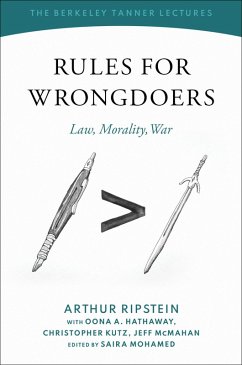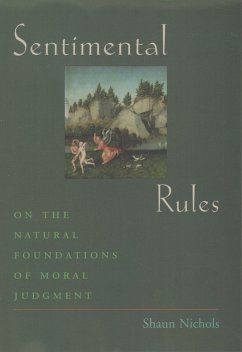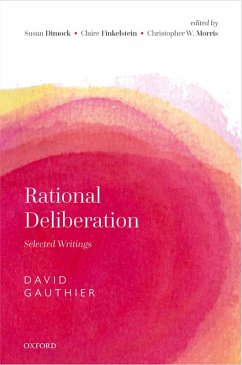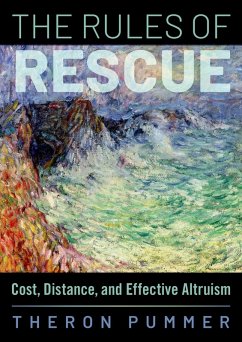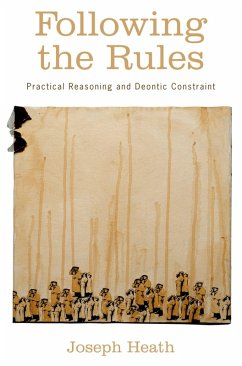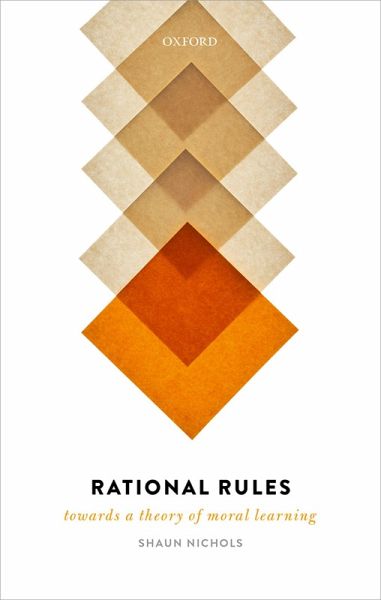
Rational Rules (eBook, PDF)
Towards a Theory of Moral Learning
Versandkostenfrei!
Sofort per Download lieferbar
40,95 €
inkl. MwSt.
Weitere Ausgaben:

PAYBACK Punkte
20 °P sammeln!
Moral systems, like normative systems more broadly, involve complex mental representations. Rational Rules proposes that moral learning can be understood in terms of general-purpose rational learning procedures. Nichols argues that statistical learning can help answer a wide range of questions about moral thought: Why do people think that rules apply to actions rather than consequences? Why do people expect new rules to be focused on actions rather than consequences? How do people come to believe a principle of liberty, according to which whatever is not expressly prohibited is permitted? How ...
Moral systems, like normative systems more broadly, involve complex mental representations. Rational Rules proposes that moral learning can be understood in terms of general-purpose rational learning procedures. Nichols argues that statistical learning can help answer a wide range of questions about moral thought: Why do people think that rules apply to actions rather than consequences? Why do people expect new rules to be focused on actions rather than consequences? How do people come to believe a principle of liberty, according to which whatever is not expressly prohibited is permitted? How do people decide that some normative claims hold universally while others hold only relative to some group? The resulting account has both empiricist and rationalist features: since the learning procedures are domain-general, the result is an empiricist theory of a key part of moral development, and since the learning procedures are forms of rational inference, the account entails that crucial parts of our moral system enjoy rational credentials. Moral rules can also be rational in the sense that they can be effective for achieving our ends, given our ecological settings. Rational Rules argues that at least some central components of our moral systems are indeed ecologically rational: they are good at helping us attain common goals. Nichols argues that the account might be extended to capture moral motivation as a special case of a much more general phenomenon of normative motivation. On this view, a basic form of rule representation brings motivation along automatically, and so part of the explanation for why we follow moral rules is that we are built to follow rules quite generally.
Dieser Download kann aus rechtlichen Gründen nur mit Rechnungsadresse in A, B, BG, CY, CZ, D, DK, EW, E, FIN, F, GR, HR, H, IRL, I, LT, L, LR, M, NL, PL, P, R, S, SLO, SK ausgeliefert werden.




